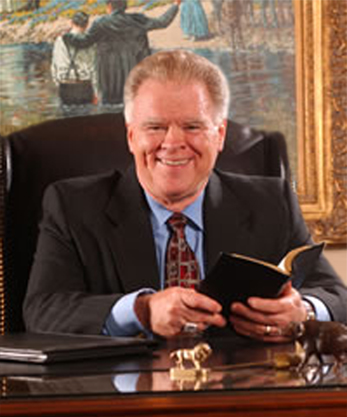 Paige Patterson, President of Southwestern Baptist Theological Seminary, recently made remarks that counter conventional wisdom and practice in theological education. Tammi Ledbetter, writing for the Southern Baptist Texan, reports:
Paige Patterson, President of Southwestern Baptist Theological Seminary, recently made remarks that counter conventional wisdom and practice in theological education. Tammi Ledbetter, writing for the Southern Baptist Texan, reports:
Patterson’s definition of theological education is to expose students “to great men and women of God, to their lives, their homes, their habits and their commitments,” a process that requires sacrificing the comforts of home. If it were nothing more than acquiring factual information, then online education might suffice, he said . . . “There’s no substitute for soul care in the ministry and that can’t be taught online.”
So What?
Thankfully, almost every seminary president disagrees with Patterson as does the Association of Theological Schools (ATS), which is considered to be the primary theologically oriented accrediting body for seminaries. (Southwestern Seminary is an ATS member).
Just a few days after Patterson’s remarks, Daniel Aleshire was quoted by Bob Allen in a piece published by the Associated Baptist Press. Aleshire currently serves as Executive Director of ATS, but previously was a professor at the Southern Baptist Theological Seminary. Aleshire believes that there are five gold standards for seminaries that seek to prepare ministers today, including technology (which includes online courses and programs).
- What do you think of Patterson’s definition of theological education? How does your definition differ?
- Do you think that theological education should ideally be conducted exclusively in face-to-face classes, exclusively online, in a format that requires all students to complete some residential/face-to-face courses and some online courses? If so, why? If not, do you believe that institution should offer a variety of delivery methods and allow students to select those that best fit their learning styles, geography, and personal preferences?